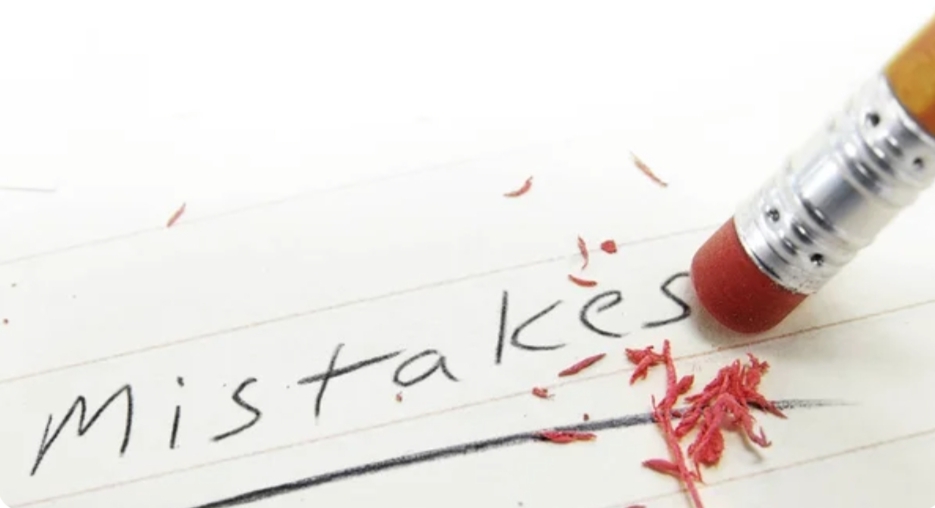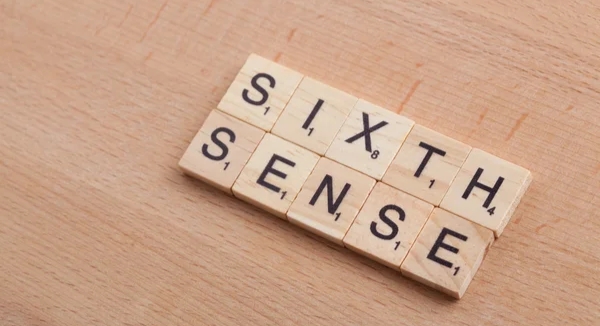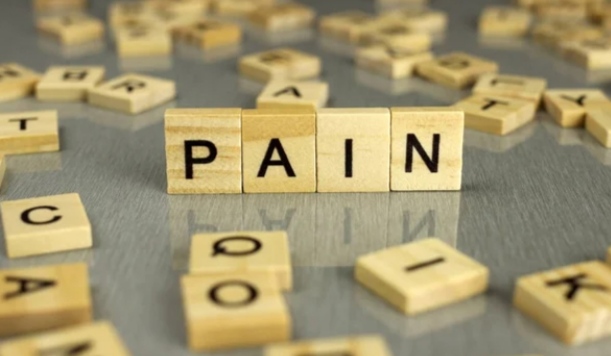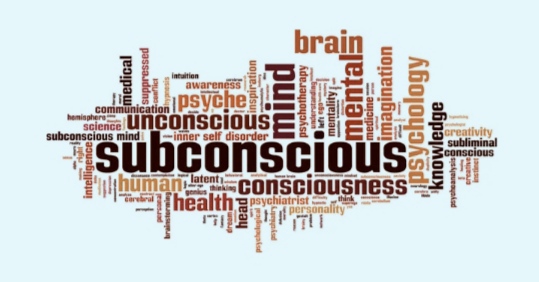
Superstitions have been around for centuries and are deeply ingrained in many cultures around the world. Whether it’s avoiding walking under a ladder or carrying a rabbit’s foot for good luck, superstitions play a significant role in shaping people’s beliefs and behaviors. But are superstitions actually good for you, or are they just harmless beliefs passed down through generations?
There are mixed opinions on the effects of superstitions on individuals. Some believe that superstitions can provide a sense of comfort and security in an unpredictable world. By following certain rituals or beliefs, individuals may feel like they have some control over their environment and outcomes. This can help reduce anxiety and stress, leading to a more positive mindset.
Additionally, superstitions can also serve as a form of motivation and inspiration. For example, athletes often have superstitions that they believe bring them luck and help them perform better. Whether it’s wearing a certain piece of clothing or following a pre-game ritual, these superstitions can boost confidence and improve performance.
On the other hand
Superstitions can also have negative effects on individuals. Believing in superstitions too strongly can lead to irrational behavior and decision-making. People may avoid taking risks or making important decisions based on fear of bad luck or superstitions. This can hinder personal growth and development, as individuals may not be willing to step out of their comfort zone or take necessary risks.
In some cases, superstitions can also lead to harmful practices or beliefs. For example, some superstitions may perpetuate harmful stereotypes or discrimination against certain groups of people. It’s important to be mindful of the origins and implications of superstitions to ensure they do not perpetuate harmful beliefs or behaviors.
Therefore, whether superstitions are good for you ultimately depends on the individual and the context in which they are practiced. While superstitions can provide comfort, motivation, and a sense of control, it’s important to approach them with a critical mindset and not let them dictate your actions or decisions. It’s important to strike a balance between believing in superstitions and maintaining rationality and critical thinking.






